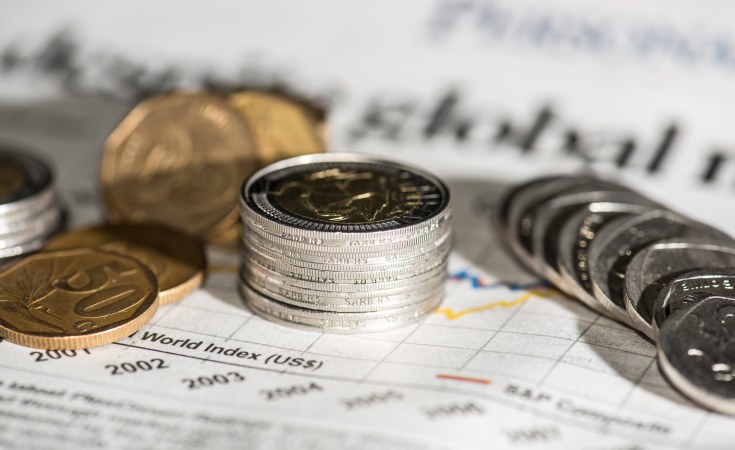Cape Town — There seems to be a growing consensus that South Africa is heading for an International Monetary Fund bailout as the country's state-owned enterprises and weak finances project a poor economic outlook, something the National Treasury acknowledged and assured the government would address.
The possibility of a bailout from the International Monetary Fund (IMF) may be the deciding factor in pushing South Africa's government to introduce the reforms necessary to boost the country's economy, Bloomberg reports.
This comes as a government bailout for embattled power utility Eskom has put heavy strain on the country's budget amid the unemployment rate rising to 29%, its highest since 2008.
According to the IMF's resident representative in South Africa, Montfort Mlachila, simplifying visa rules to bring in people with necessary skills and allocating new broadband spectrum could boost confidence because they are "readily achievable policies", writes Bloomberg. Labour-market flexibility and leaner state-owned companies are measures that may also help.
Chairperson of the Portfolio Committee on Employment and Labour, Lindelwa Dunjwa, said for the economy to improve a collaborative effort is required, especially if unemployment among young people, women and the disabled persons is to be reduced.
"This necessitates that the public and the private sectors must pull together in trying to get the economy to create jobs. It is not going to be easy; but we have a responsibility to walk this path together", said Ms Dunjwa.
Dr Hippolyte Fofack, Chief Economist at the African Export/Import Bank, believes the best way to address the "Great-Depression era unemployment rates" is to boost manufacturing output and industrial production.
Dr. Fofack elaborated: "As the most complex and diversified economy on the continent, South Africa is less exposed to commodity cycles ... The African Continental Free Trade area will be a great catalyst for the country which is already the champion of intra-African trade and stands to benefit the most from the mega-trade integration reform."


